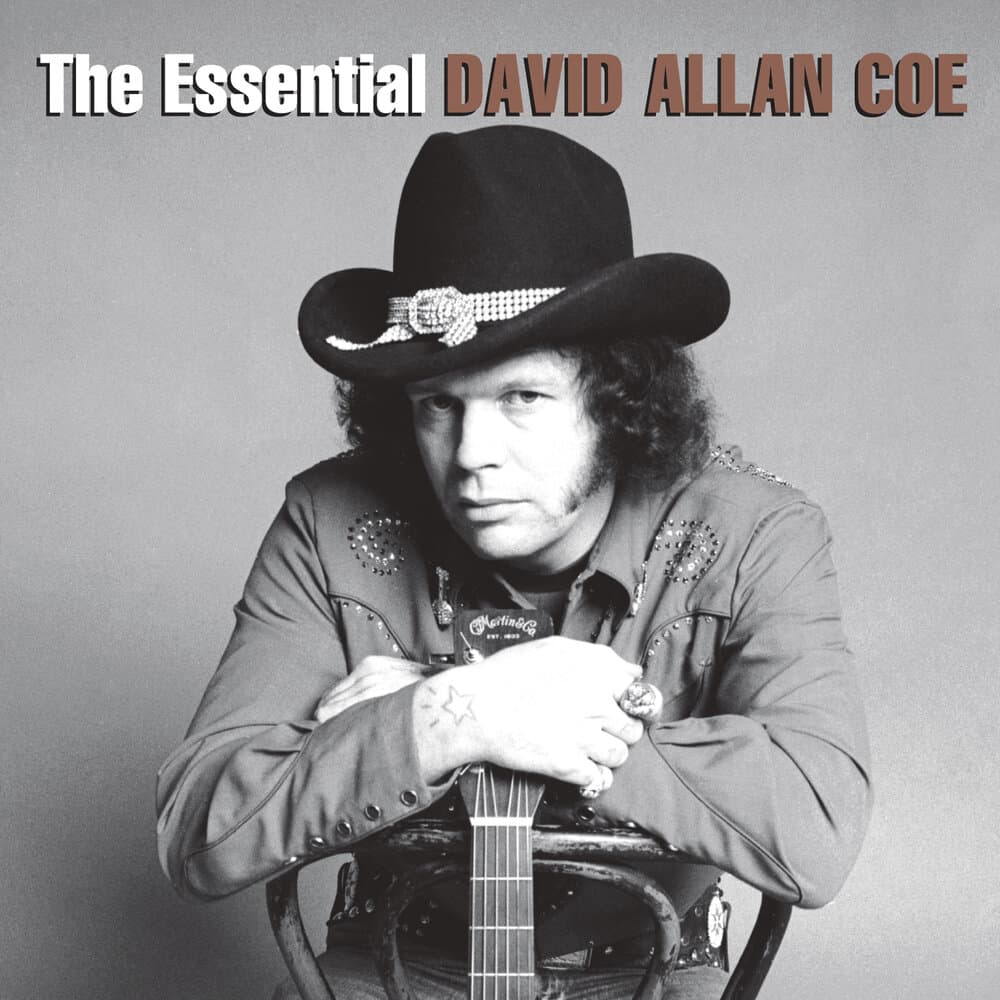
“You Never Even Called Me by My Name” – David Allan Coe’s Irreverent Country Classic
Released in 1975, “You Never Even Called Me by My Name” became one of David Allan Coe’s most iconic tracks. Known for its playful lyrics and rebellious spirit, the song captures the essence of both outlaw country and traditional honky-tonk humor. Although Coe recorded it, the song was actually written by Steve Goodman and John Prine, two highly regarded singer-songwriters. Prine, however, declined credit on the song, feeling it was a bit too humorous for his style. Nevertheless, Coe’s performance made it a fan favorite, thanks to its mix of sarcasm, clever storytelling, and catchy melodies.
The song’s lyrics poke fun at the conventions of country music. The narrator laments how the woman he loves never calls him by his full name—or, in fact, by any of the grand names often associated with country superstars. It humorously hints at the clichés of country songwriting, referencing themes like prison, trains, drinking, and heartbreak. What makes the track unforgettable is its final spoken-word verse, often referred to as the “perfect country-and-western song” segment. In it, Coe humorously claims that until the song mentions all the essential country topics—such as mama, trains, trucks, prison, and getting drunk—it can’t truly be considered perfect.
Musically, the song embraces a traditional country structure: simple guitar work, a steady rhythm, and a honky-tonk feel. Its laid-back vibe complements the humorous lyrics, making it a staple for singalongs at bars and concerts. While some listeners took the song at face value as a humorous anthem, others saw it as a tongue-in-cheek critique of the rigid expectations within country music.
“You Never Even Called Me by My Name” was a commercial success, peaking at #8 on the Billboard Hot Country Singles chart. It became one of Coe’s most beloved tracks and continues to enjoy a cult following. Over the years, the song has been embraced by both mainstream and outlaw country fans, appreciated for its playful nature and the way it satirizes country music while still celebrating it. Today, it remains a staple in Coe’s live performances, often serving as an invitation for the audience to join in on the final, rowdy chorus.